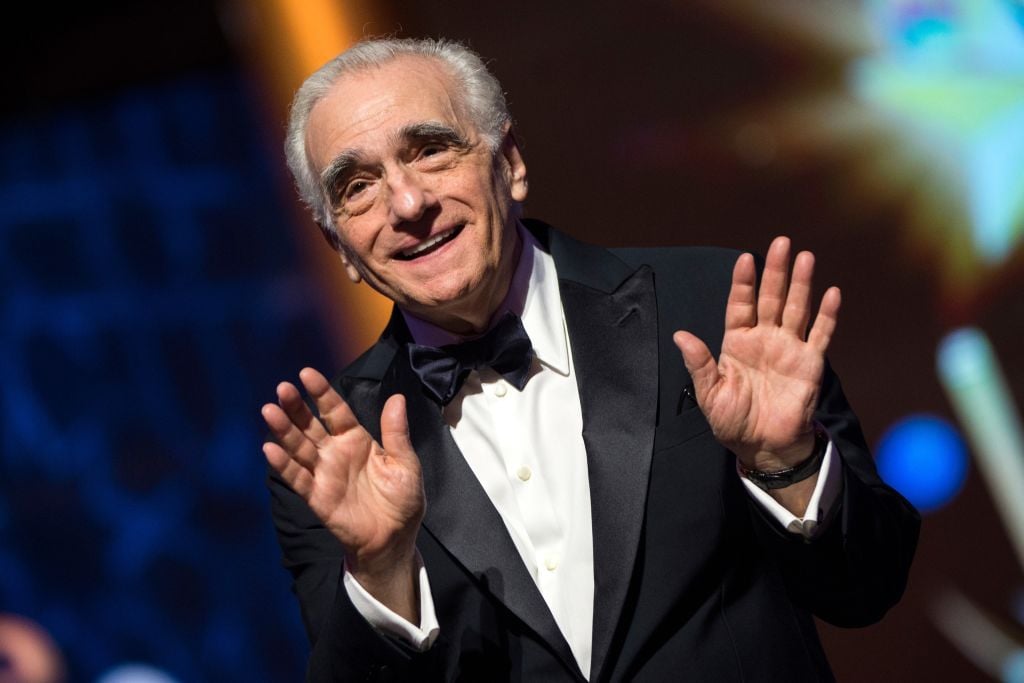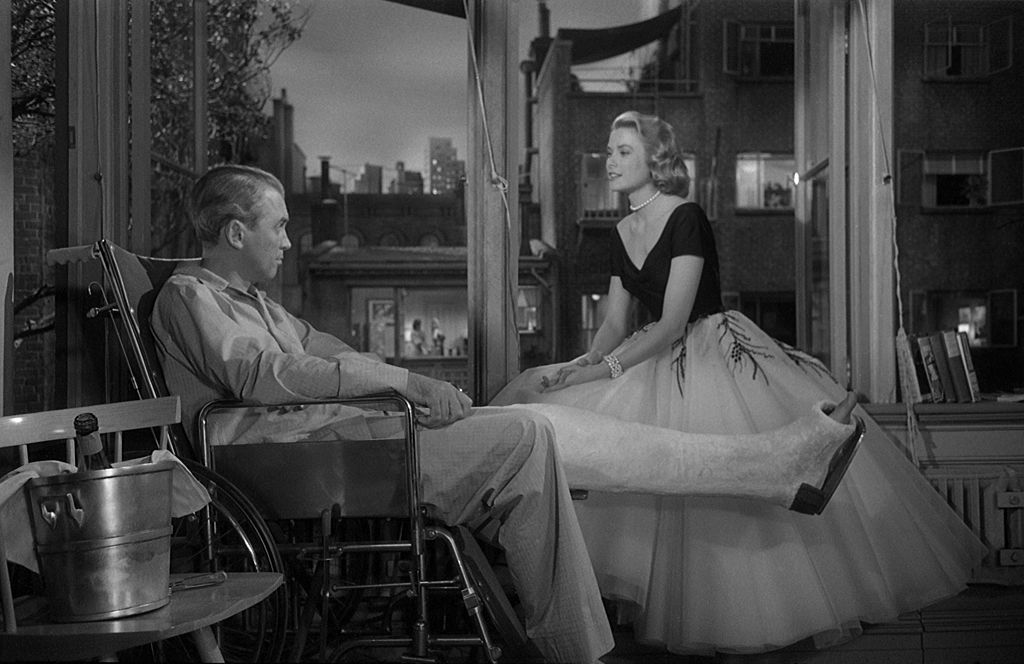Martin Scorsese Clarifies His Cutting Comments About Marvel Movies
Taxi Driver and The Departed director Martin Scorsese lit the flames of outrage in October. The Oscar-awarded filmmaker expressed his not-so-favorable opinion of Marvel Studios films while promoting his new movie for Netflix, The Irishman.
He told Empire Magazine that Marvel movies were “not cinema.” This sparked anger among fans of such films as The Avengers, Black Panther, and, Captain America.
“It isn’t the cinema of human beings trying to convey emotional, psychological experiences to another human being,” the director said.

Scorsese has now penned an opinion piece published in the New York Times that explains his thought process behind those biting words. The essay, which came out on Nov. 4, was titled “Martin Scorsese: I Said Marvel Movies Aren’t Cinema. Let Me Explain.”
Martin Scorsese does not want to live in the Marvel Cinematic Universe
Scorsese wrote in the NYT piece that he did try to watch the Marvel films. But, he said, “they’re not for me.” The famous director maintained that the action flicks are “closer to theme parks than they are to movies as I’ve known and loved them throughout my life.” Therefore, he just can’t identify them as cinema.
But Scorsese claimed Marvel fans used this particular label–“not cinema”–as his “evidence of hatred for Marvel.” He argued this was not the case.
“People of considerable talent and artistry,” he wrote, make these movies. “The fact that the films themselves don’t interest me is a matter of personal taste and temperament. “

‘The Irishman’ director didn’t grow up loving superhero movies
Scorsese posited that perhaps if he grew up in the era of Marvel franchise success, he might see it differently.
“But I grew up when I did and I developed a sense of movies — of what they were and what they could be,” he wrote. When he was an up-and-coming filmmaker, Scorsese explained, movies had a different overall purpose than they do today.
“Cinema was about revelation — aesthetic, emotional and spiritual revelation,” Scorsese wrote. “It was about characters — the complexity of people and their contradictory and sometimes paradoxical natures.”
Scorsese then compared Alfred Hitchcock to the Marvel films in a surprising way.
Alfred Hitchcock vs. Marvel Studios
“I suppose you could say that Hitchcock was his own franchise,” he wrote. “Every new Hitchcock picture was an event.” He used Hitchcocks’ iconic Rear Window as an example.

“It was an event created by the chemistry between the audience and the picture itself, and it was electrifying,” Scorsese recalled.
Marvel stans were also offended when back in October, Scorsese referred to the Marvel movies as “theme parks.” But as Scorsese points out in the New York Times, that’s not a dig. Even Alfred Hitchcock films–traditionally seen as high art–could take you on a ride.
“Certain Hitchcock films were also like theme parks,” The Wolf of Wall Street director wrote. He described seeing the iconic horror film Psycho as “an experience I will never forget.” The audience, he said, “went to be surprised and thrilled, and they weren’t disappointed.”
However, Scorsese still prefers older thrillers over today’s blockbusters. They involved an emotional depth that he believes Marvel lacks.
Yes, Hitchcock used set pieces and twists. But he argued those films “would be nothing more than a succession of dynamic and elegant compositions and cuts without the painful emotions at the center of the story.”
Scorses acknowledges the impressive technical and artistic aspects of many Marvel movies. But it’s what’s missing that stands out.
“What’s not there is revelation, mystery or genuine emotional danger,” he wrote of the box office busters. “Nothing is at risk.”
Directors of the comics-based films can’t be auteurs, Scorsese says
Honestly, Scorsese’s updated explanation might be even harsher than his original comments. The franchise’s sequels he referred to as “remakes in spirit.” He lamented the fact that “everything in them is officially sanctioned because it can’t really be any other way.”
For these big studio movies, executives do market research and audience testing over and over again. This way, they know the final product will reach as many eyeballs as possible. But it does inevitably tamp down on the amount of artistic risk a filmmaker can take.
Marvel Studios movies, in Scorsese’s opinion, “lack something essential to cinema: the unifying vision of an individual artist.” And, he said, that is “the riskiest factor of all.”
Marvel’s box office takeover excludes independent film
But for Scorsese, it’s not just about his personal taste, or the strict limits on creativity. It’s about the smaller, independent films that need a fighting chance.
“It’s a perilous time in film exhibition,” he worried. “There are fewer independent theaters than ever.”
Most filmmakers want their movies in theaters. But, as Scorsese wrote, franchise films crowd “the screens in most multiplexes.” He doesn’t see a bright future for young and scrappy filmmakers.
“For anyone who dreams of making movies … the situation at this moment is brutal and inhospitable to art,” Scorsese wrote.
Well, opinion clarified.


